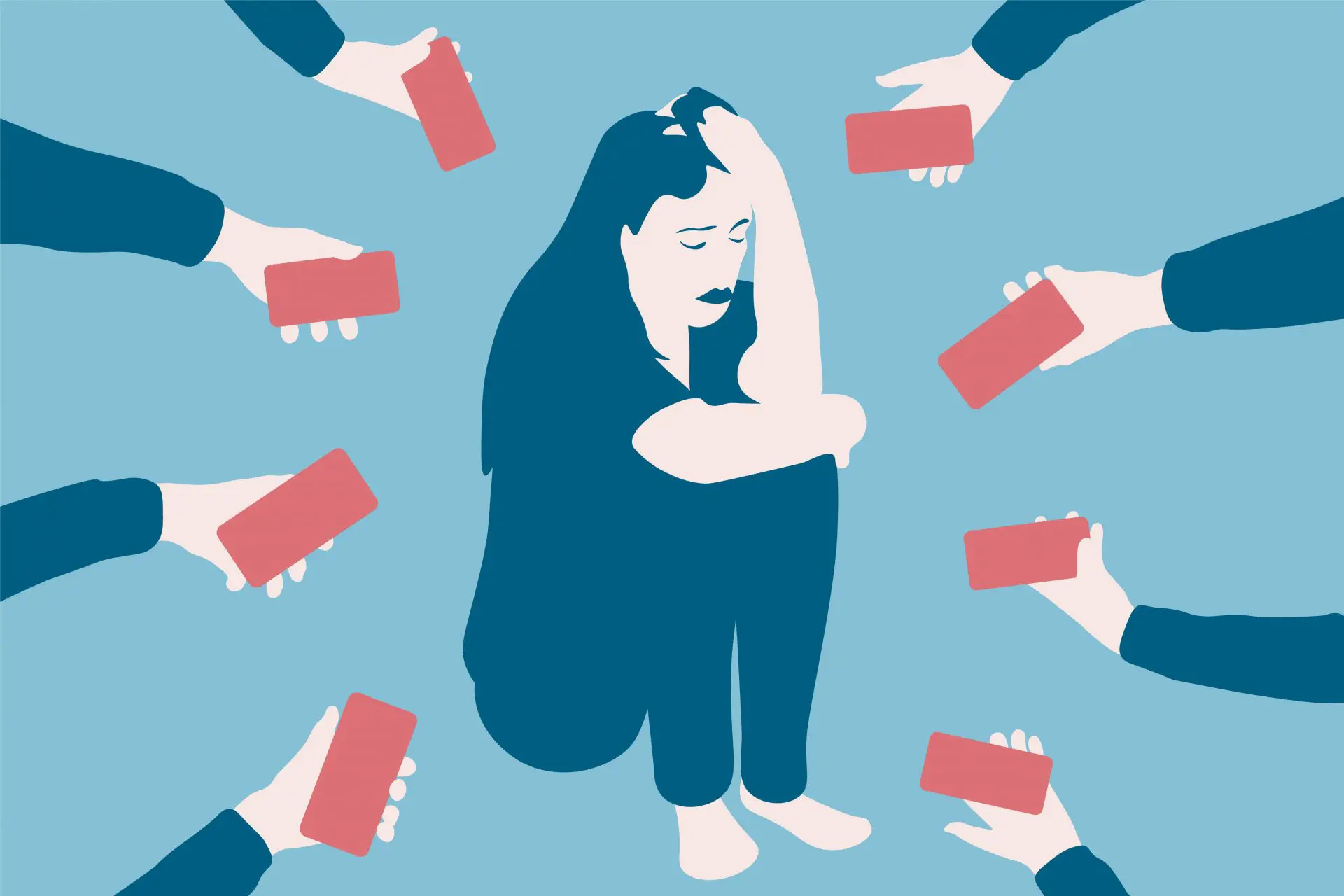In today’s world, we constantly look at screens — calling, messaging, reading, watching the news. But have you thought about how this affects your mental health? In this article, Baltimore Chronicle’ll talk about why it’s important to control screen time, what digital well-being is, and how to make technology your helper instead of a source of stress.
What Is Digital Well-Being and Why It Matters
Digital well-being is your emotional and psychological state in a tech-heavy world. It means using gadgets in ways that don’t harm your sleep, mood, communication, or work.
Simple signs of digital well-being:
- You don’t wake up with your phone in hand
- Your sleep isn’t disrupted by social media
- You don’t panic when your phone isn’t nearby
- You can focus without checking messages
- You have time for real-life conversation
How Technology Affects Our Brain and Emotions
Our brain is very sensitive to notifications, sounds, and bright images. Constant alerts, news, and likes trigger dopamine — the “pleasure hormone.” Over time, this can cause overload, anxiety, and even addiction.
Main negative effects:
- Sleep disorders
- Increased anxiety
- Decreased focus
- Dependency on likes and alerts
- Emotional exhaustion
Digital Habits That Hurt the Most
Some habits may seem harmless, but they actually have the strongest impact on mental health.
- Falling asleep with your phone
- Scrolling news during meals
- Feeling panic without Wi-Fi
- Working without breaks because of constant notifications
- Comparing yourself to others online
What You Can Do Starting Today
Here are simple steps to improve your digital well-being:
- Set specific times to check social media — for example, 30 minutes a day
- Turn off your phone at night or enable sleep mode
- Eat meals without a phone — take time for yourself
- Use an app to track screen time
- Take breaks — every 60 minutes, step away from the screen for 10 minutes
How Technology Can Be Helpful
Digital devices aren’t always harmful — they can also support you:
- Meditation apps reduce anxiety
- Reminders for water or sleep improve well-being
- Online therapists are more accessible
- Educational platforms let you learn anytime
- Task planners help you stay organized
Healthy vs Unhealthy Tech Use
| Behavior | Healthy | Unhealthy |
|---|---|---|
| Sleep | No phone before bed | Scrolling TikTok until midnight |
| Social media | Checked 1–2 times a day | 4+ hours of endless scrolling |
| Work | Focused, with notifications off | Constant distractions |
| Communication | Real and meaningful | Only in chats |
| Free time | Walks, books, sports | Non-stop series binge |
Digital Well-Being for Kids
It’s even harder for kids to control screen time, so it’s important to:
- Set clear rules (screen time limits, gadget-free weekends)
- Take “digital breaks” together
- Be a role model — no phones at the dinner table
- Talk about what they see online
- Encourage games, books, and real interaction
Technology is part of our lives — and that’s okay. Problems start when we lose balance. Digital well-being doesn’t mean giving up gadgets; it means using them wisely. Ask yourself: do I control technology, or does it control me? And take one small step toward change today.
Earlier we wrote about how does procrastination affect mental health.

